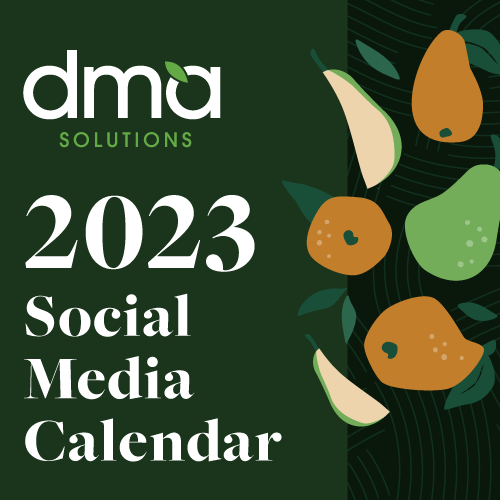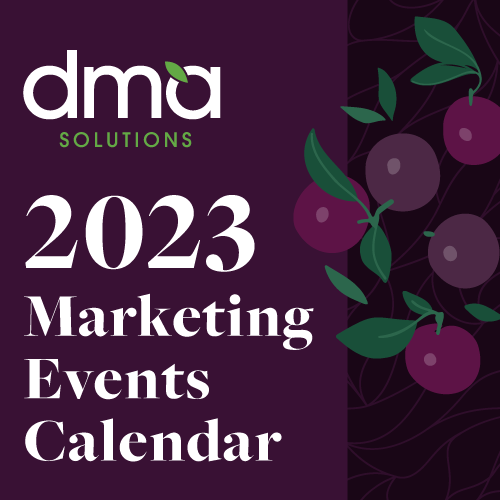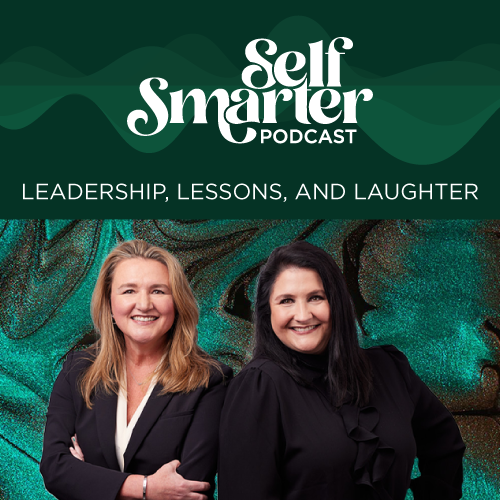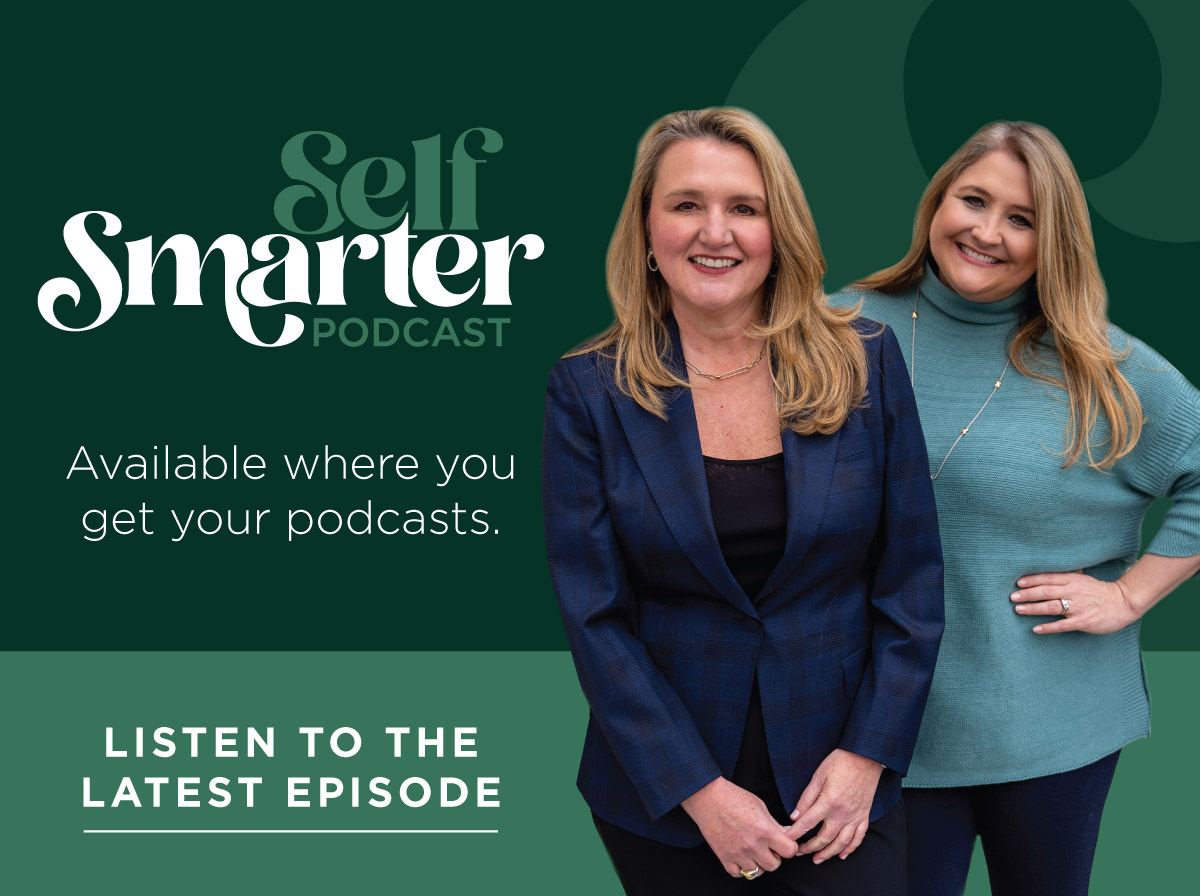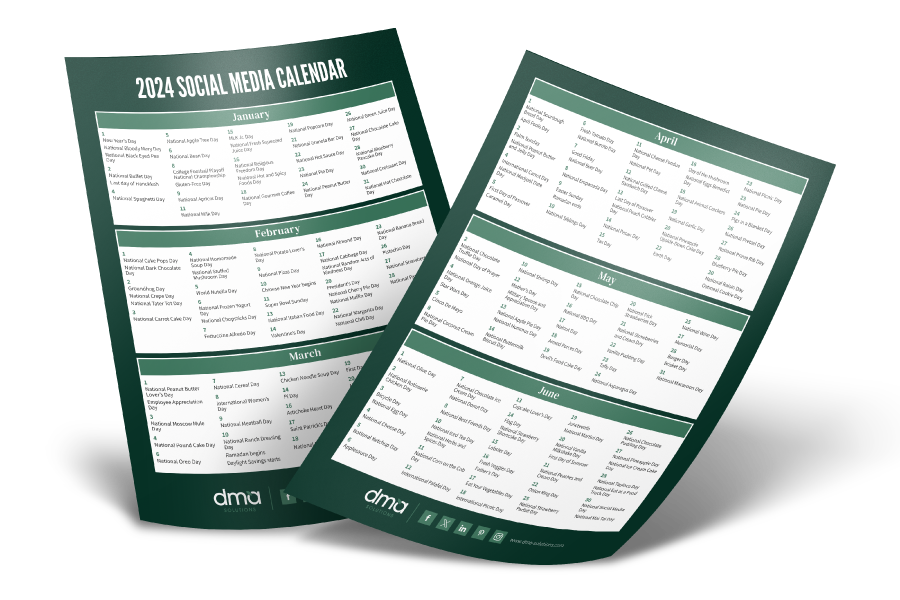“CRM” is one of those acronyms that is frequently thrown around among marketers, and it isn’t always explained. Let’s break down what you need to know about CRMs (including what those three letters stand for).
What you need to know about CRMs
What is a CRM?
CRM stands for Customer Relationship Management. Simply put, a CRM is a technology platform for managing relationships on a personal level with your customers.
How does a CRM work?
CRM platforms can work with both B2B and B2C companies, and can build and manage relationships with customers in many different ways, including:
-
Gathering Data: A CRM organizes information about your customers in one central location. It can record contact information, all previous touchpoints and conversations, and much more.
-
Automation: A CRM can also automate some of the most tedious activities – like sending a confirmation or follow up email, adding someone to an email list, or even scheduling a meeting.
-
Customer Service: CRMs can help answer inquiries that can fill up an email inbox. It integrates with marketing along every step of the customer’s journey.
-
Nurturing Customers: CRMs are a great tool for keeping your brand top of mind with customers with meaningful content long after the initial contact. CRMs use a variety of technologies to ensure that the right message gets to the right group at the right time.
You’ve probably heard some names of popular CRM platforms. In fact, some of the biggest names in tech are CRM platforms, such as:
-
And many more!
What can a CRM do for your business?
Customer Relationship Management platforms can be extremely valuable for your business. Here are some of our favorite things we’ve seen CRMs do for companies:
-
Create a Seamless Customer Journey: Although marketing, sales, service, and operations might be different teams within your organization, a CRM encourages collaboration to remove friction in the customer’s journey. Because everything is stored in one place, teams can work together seamlessly behind the scenes so the customer gets better service.
-
Learn About Your Customers: A CRM makes it easy to gather valuable information about your customers. It organizes information so you can tell where each person is in their journey with your business – whether they’re a “hot,” “warm,” or “cold” lead – so you can personalize your messaging to them.
-
Boost Sales: Effective messaging with a personalized touch pays off, and can impact your business’s bottom line. In fact, according to data from Salesforce, a CRM can increase lead conversion by 24% for marketing activities, and can increase overall campaign effectiveness by 36%!
Do You Need a CRM?
CRMs can be used for both B2B and B2C companies of all sizes. If you’re a company looking to grow, nurture, and learn about your customer database, then yes, you should have a CRM system. This kind of software is available in a variety of sizes and of course, price points. Many can even be customized to fit the needs of your business.
At DMA Solutions, we utilize HubSpot for several of our clients and on behalf of our own business as well! As certified Hubspot agency partners, we know a great deal about this CRM and pioneered the best practices for how to best utilize this software for fresh produce companies. If you have a brand that could benefit from a CRM like HubSpot, let us know and we would be happy to help.

